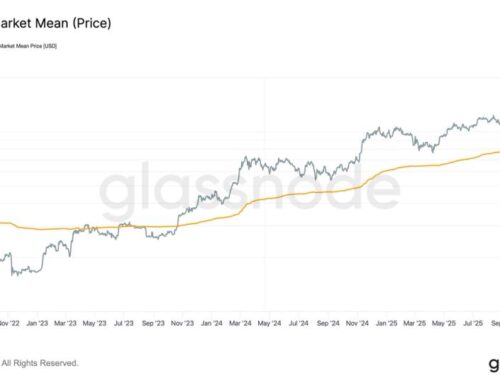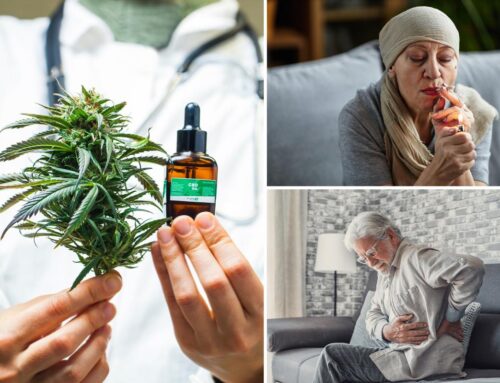Massachusetts cannabis regulators lay groundwork for social consumption
March 27, 2025
The Massachusetts Cannabis Control Commission inched closer to allowing social consumption lounges in the state, as commissioners met Thursday hammered out key details from business relationships to public safety and enforcement concerns.
The commission will continue its work on the regulations this coming Monday. After completing this review, the regulations will enter a formal promulgation process that includes additional public comment periods. The board hopes to have the entire framework finalized by mid-2025.
However, commissioners stressed that even after regulations are finalized, a considerable implementation phase will follow.
“Massachusetts has waited long enough for social consumption. We gotta get it right,” Commissioner Nurys Camargo said during the meeting. “This is going to take a while. Just because we’re here today does not mean that social consumption will happen tomorrow.”
The CCC is developing regulations for three types of social consumption licenses: supplemental licenses for existing cannabis businesses, hospitality licenses for new establishments and event organizer licenses for temporary consumption events.
Seeking clarity
The three commissioners present – Camargo, Kimberly Roy and Acting Chair Bruce Stebbins – spent much of the session debating definitional language, lobbing questions and consulting with the commission’s legal and enforcement teams to ensure regulations would be both practical and enforceable.
A key question centered on the relationship between cannabis licensees and the non-cannabis businesses that might host them. In particular, Roy raised concerns about the proposed definition of “close associate.”
“I think we’re boxing ourselves in a little bit. I hear about things anecdotally – folks getting creative with ownership and control,” she said.
In a post-meeting press briefing, Stebbins provided more color on the commission’s concerns about such relationships.
“We just want to make sure that there’s no controlling interest by the non-cannabis business,” he told Green Market Report. “It really is just a relationship about potentially leasing out space. Anything that goes beyond that could wander into some of our ownership and control regulations.”
Stebbins emphasized that while hospitality licenses – such as yoga studios or entertainment venues offering cannabis – present exciting opportunities for innovation, the commission wants to prevent “any type of predatory or ownership relationship” between licensees and non-cannabis businesses.
The commission agreed to lower the proposed annual license fee for hospitality establishments from $10,000 to $5,000 after commissioners expressed concern the higher fee might discourage partnerships with small businesses owned by people from disadvantaged backgrounds.
“We’d hope Black and brown-owned yoga studios or lounges or cafes would participate, but we’re going to disincentivize that by making it double,” Roy noted.
Public safety
The commission is also baking multiple public safety measures into the regulations. Those include cutting off cannabis sales 30 minutes before facility closure, requiring transportation plans for helping impaired customers get home safely and mandating “cool down spaces” with water and CBD products for customers who might experience adverse reactions.
Staff at social consumption establishments will be required to complete four hours of specialized training on recognizing impairment, handling medical emergencies and proper ID verification. The commission is also developing protocols for safely repackaging unused products so consumers don’t feel pressured to finish everything before leaving.
Stebbins pointed to the commission’s extensive outreach to public safety stakeholders, including meetings with the secretary of public safety, the Massachusetts Major Chiefs of Police Association and the Massachusetts Municipal Police Training Committee.
For enforcement, the commission plans to leverage existing regulatory tools, including fines and license suspensions. Many safety elements will be required components of applications, meaning establishments can’t open without having proper safeguards in place.
Stebbins credited the state legislature for removing barriers to local adoption of social consumption by allowing communities to opt in through ordinance changes rather than requiring referendums.
“It wasn’t just by a vote of a local community. A governing body could decide to opt into social consumption simply by changing their ordinances and bylaws, which is probably still a big local government lift, but certainly not dependent on a referendum to get that done,” he told GMR.
However, commissioners cautioned that communities likely will need guidance on opting in, the licensing system will require updates to reflect new license types and responsible vendor training programs will need to be developed.
“Cities and towns have to opt in. They have to figure out their processes. We have to figure out our processes,” Camargo said, cautioning that social consumption establishments won’t open immediately after regulations are approved.
Search
RECENT PRESS RELEASES
Related Post




